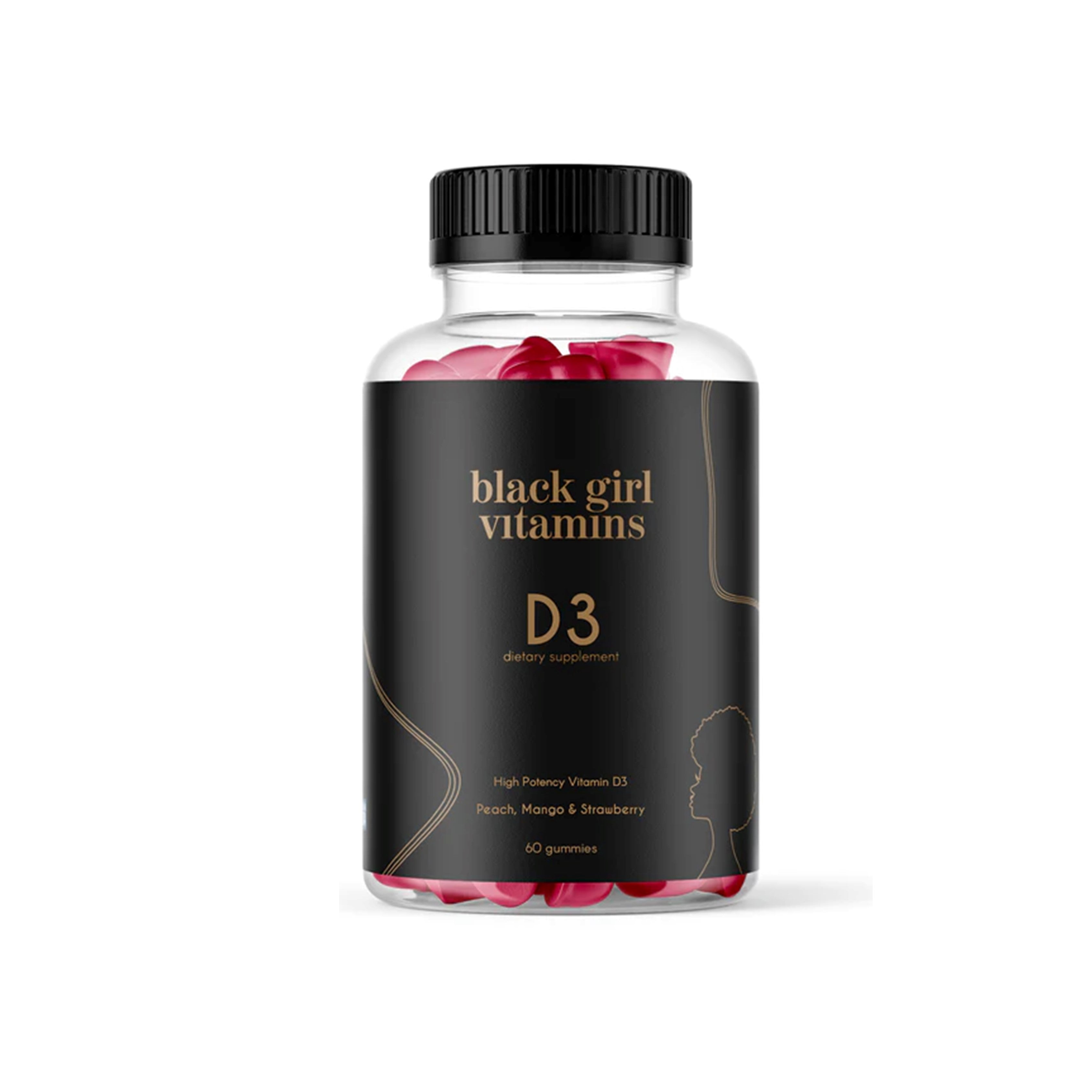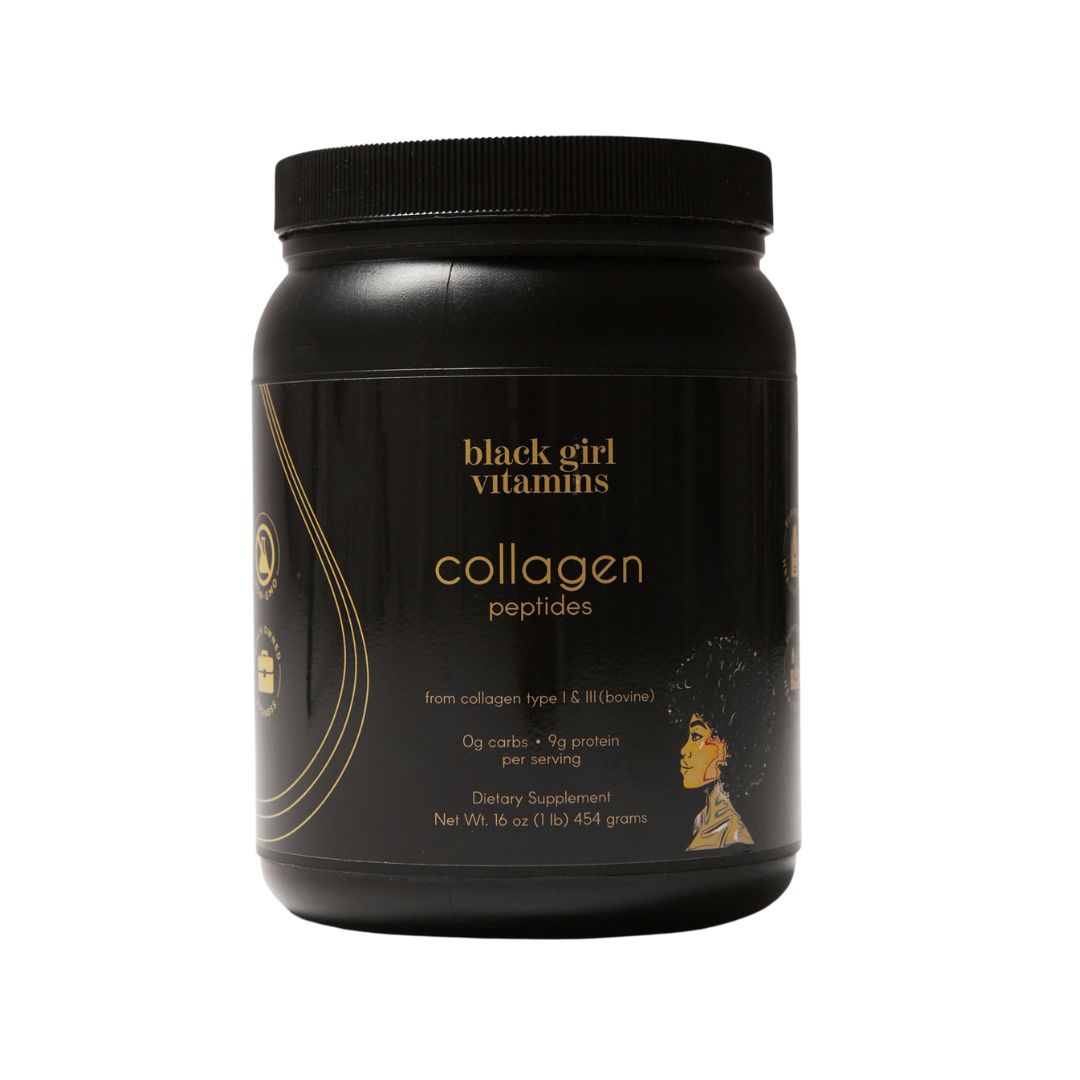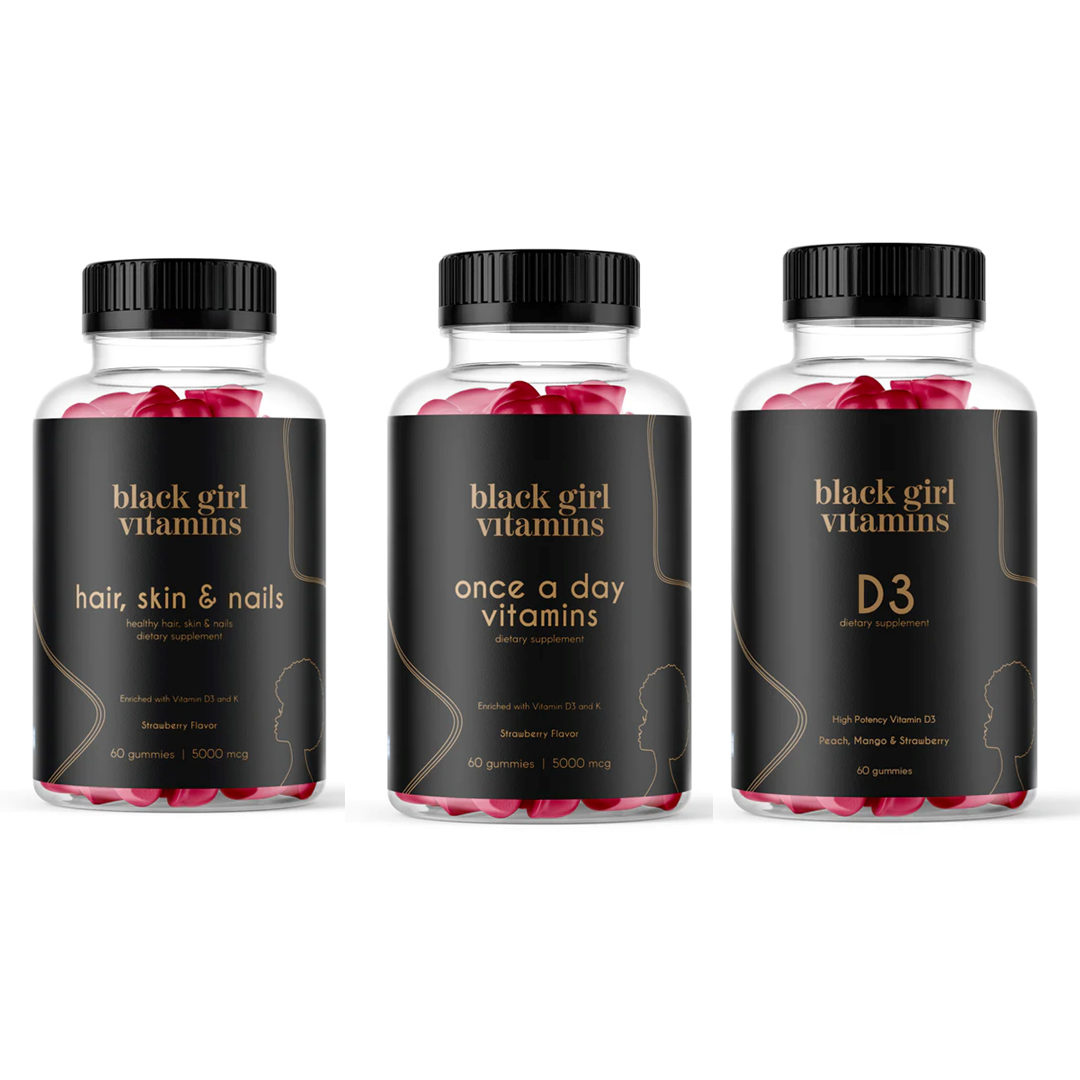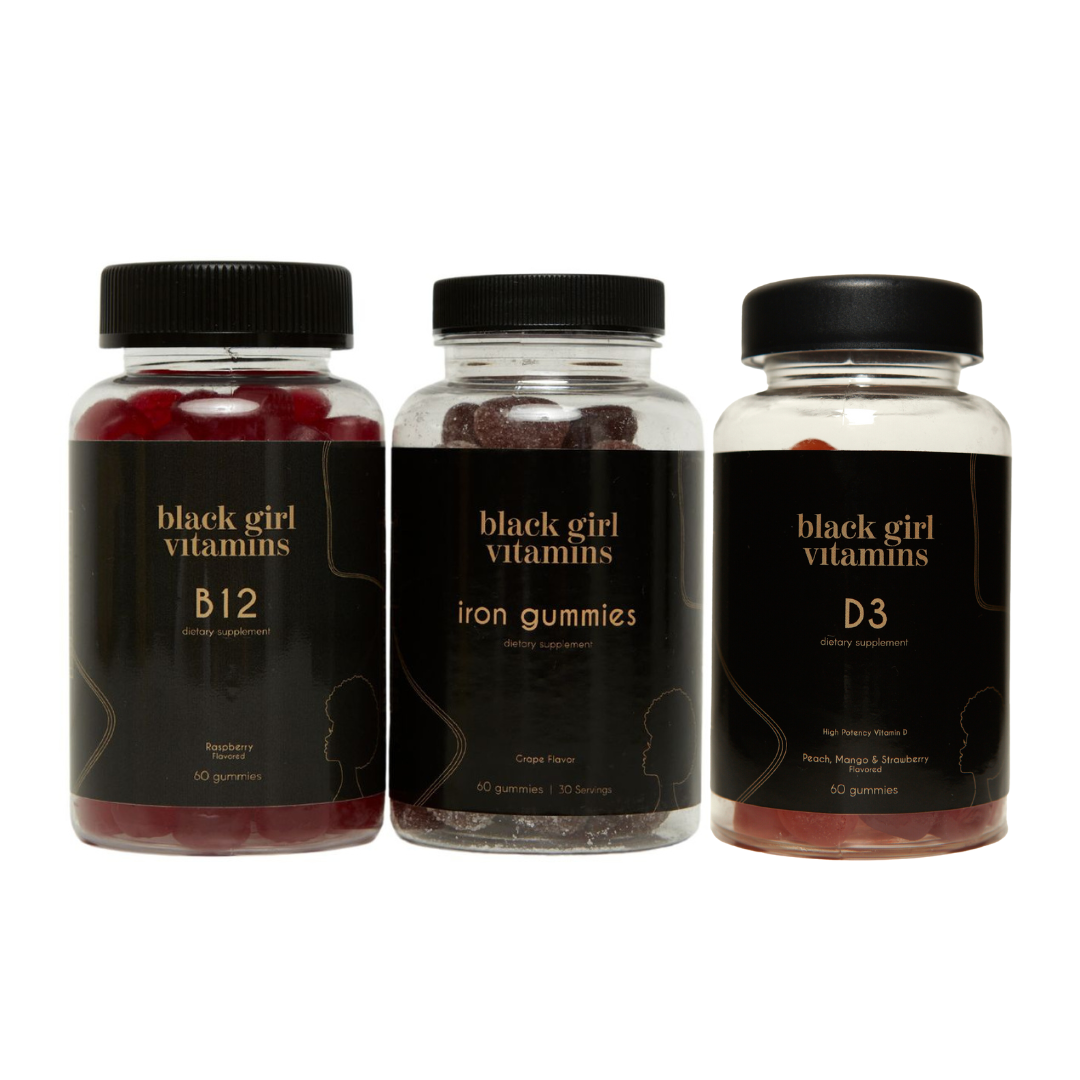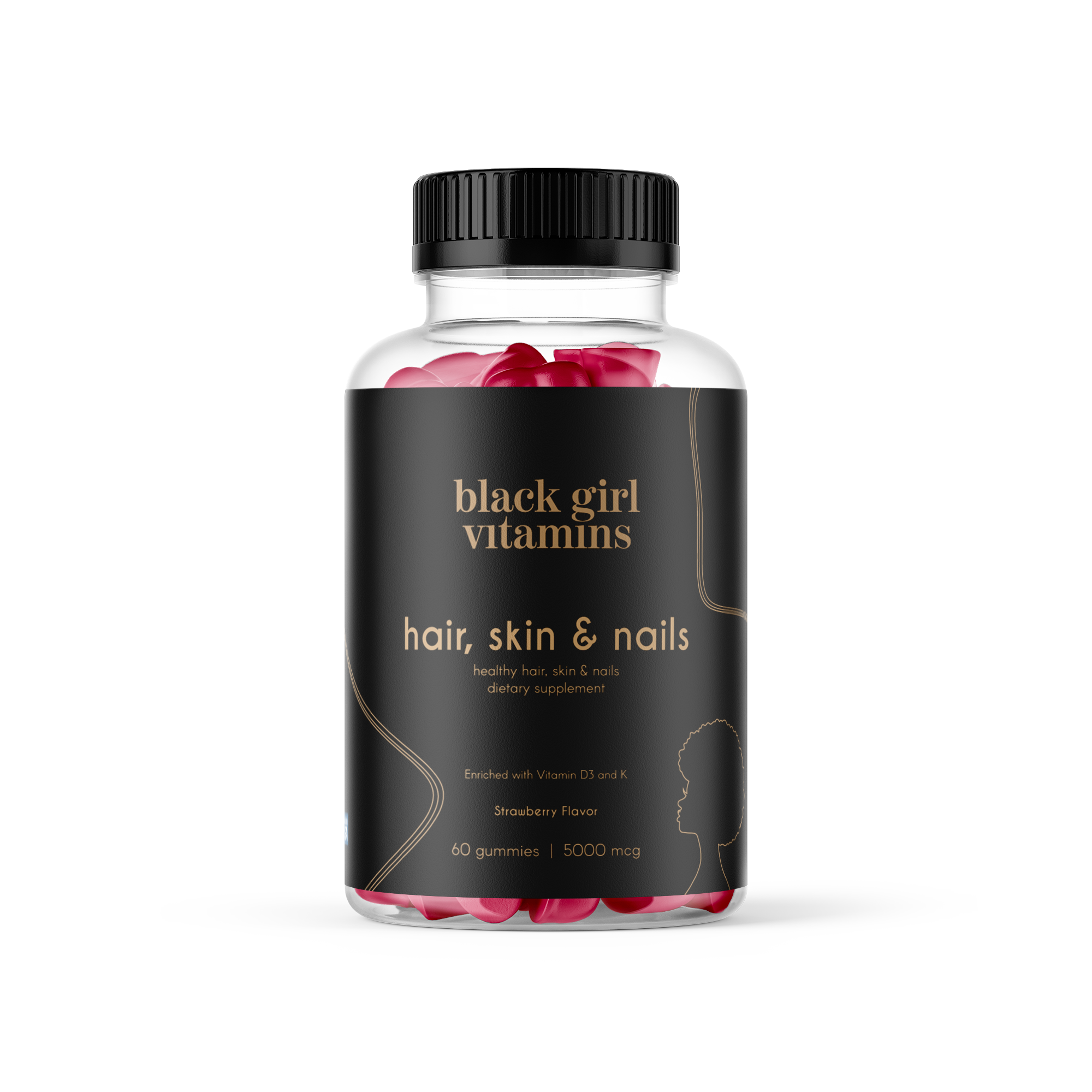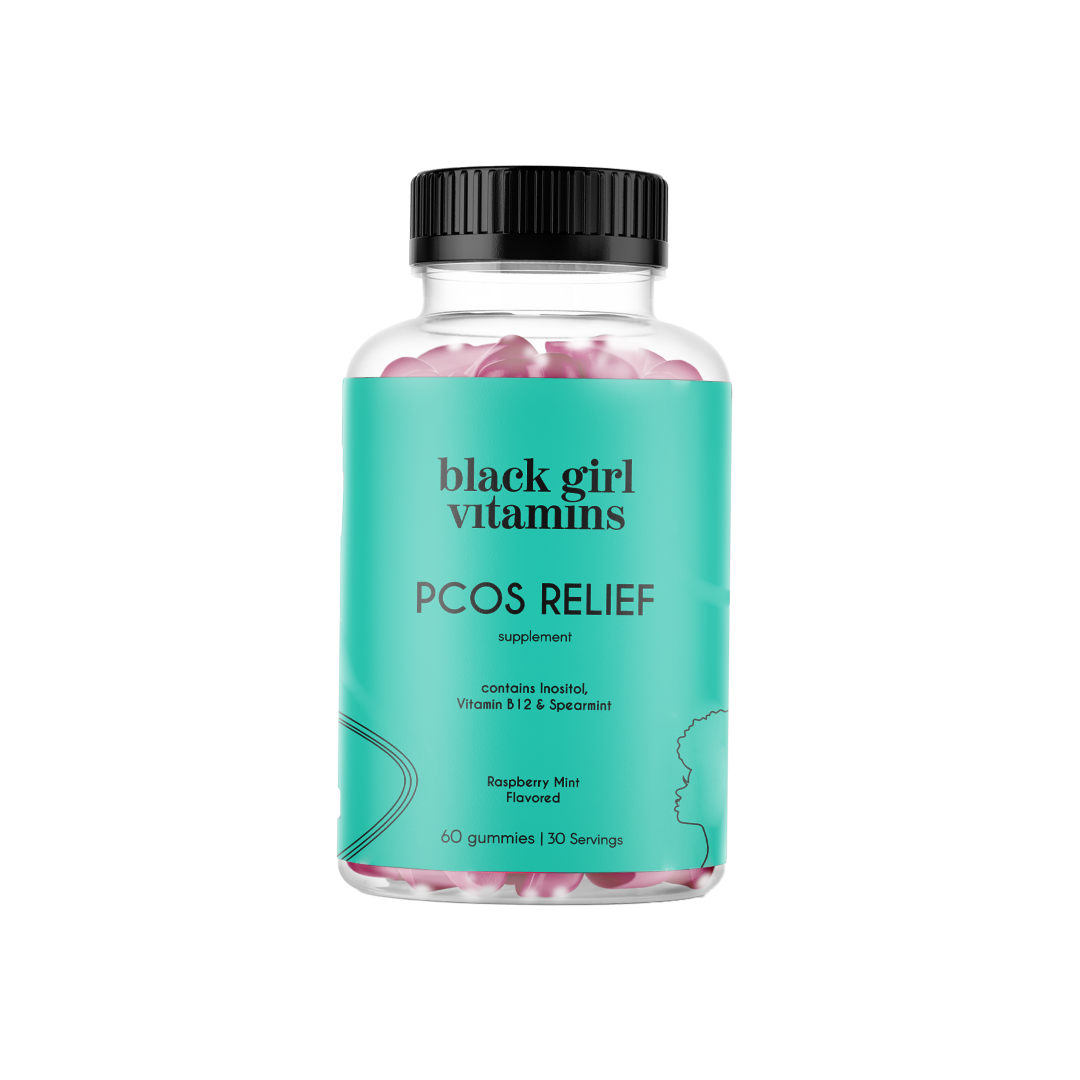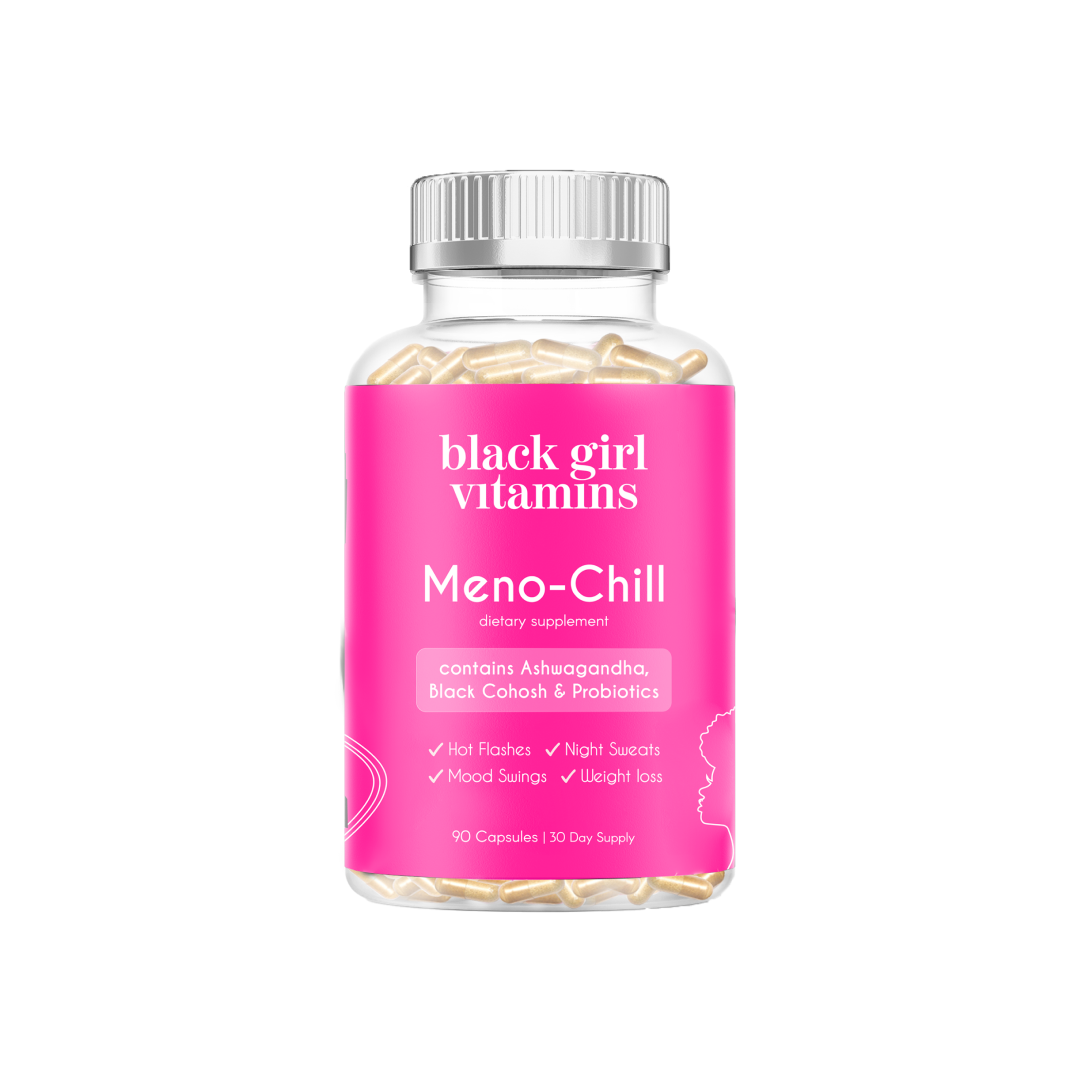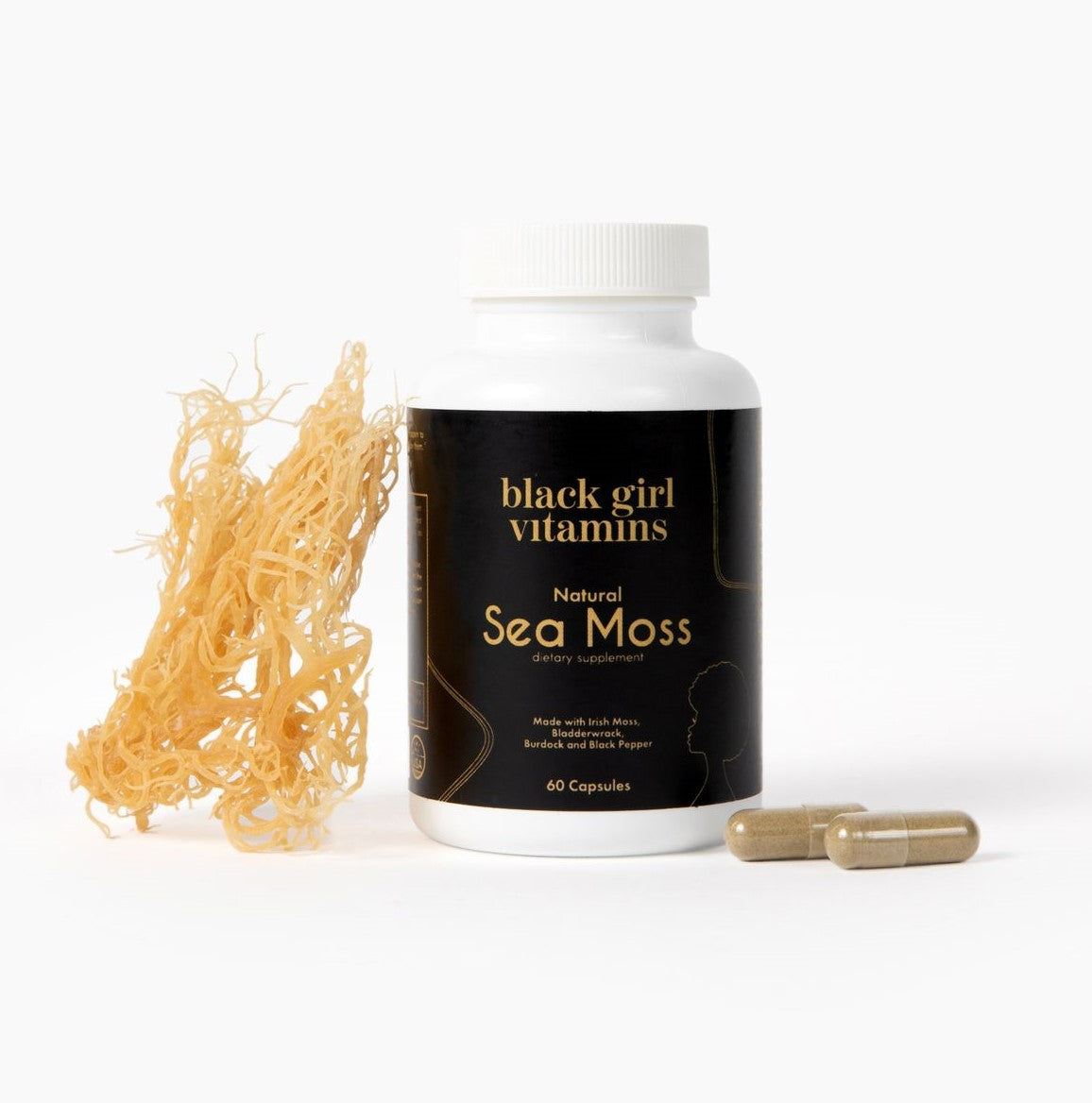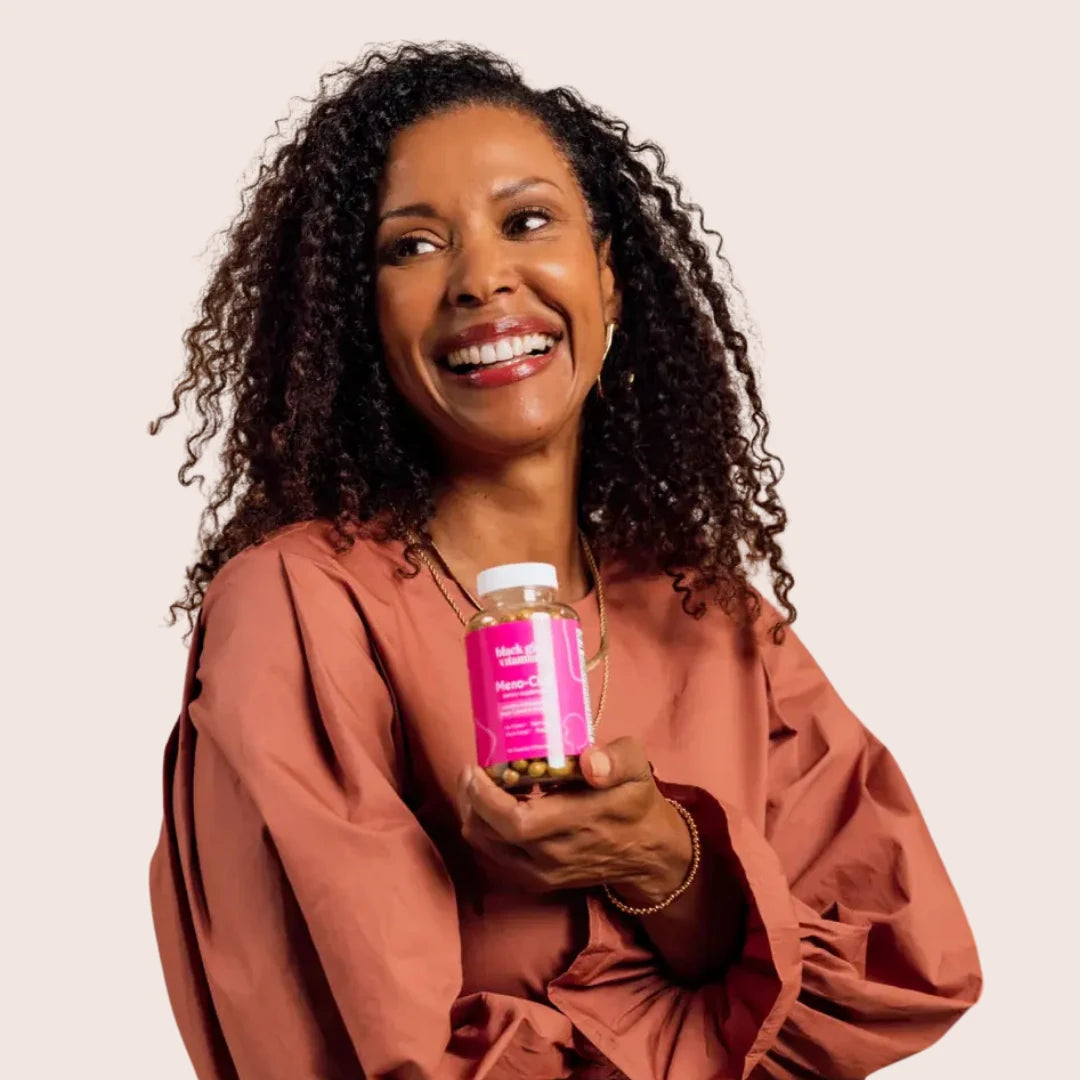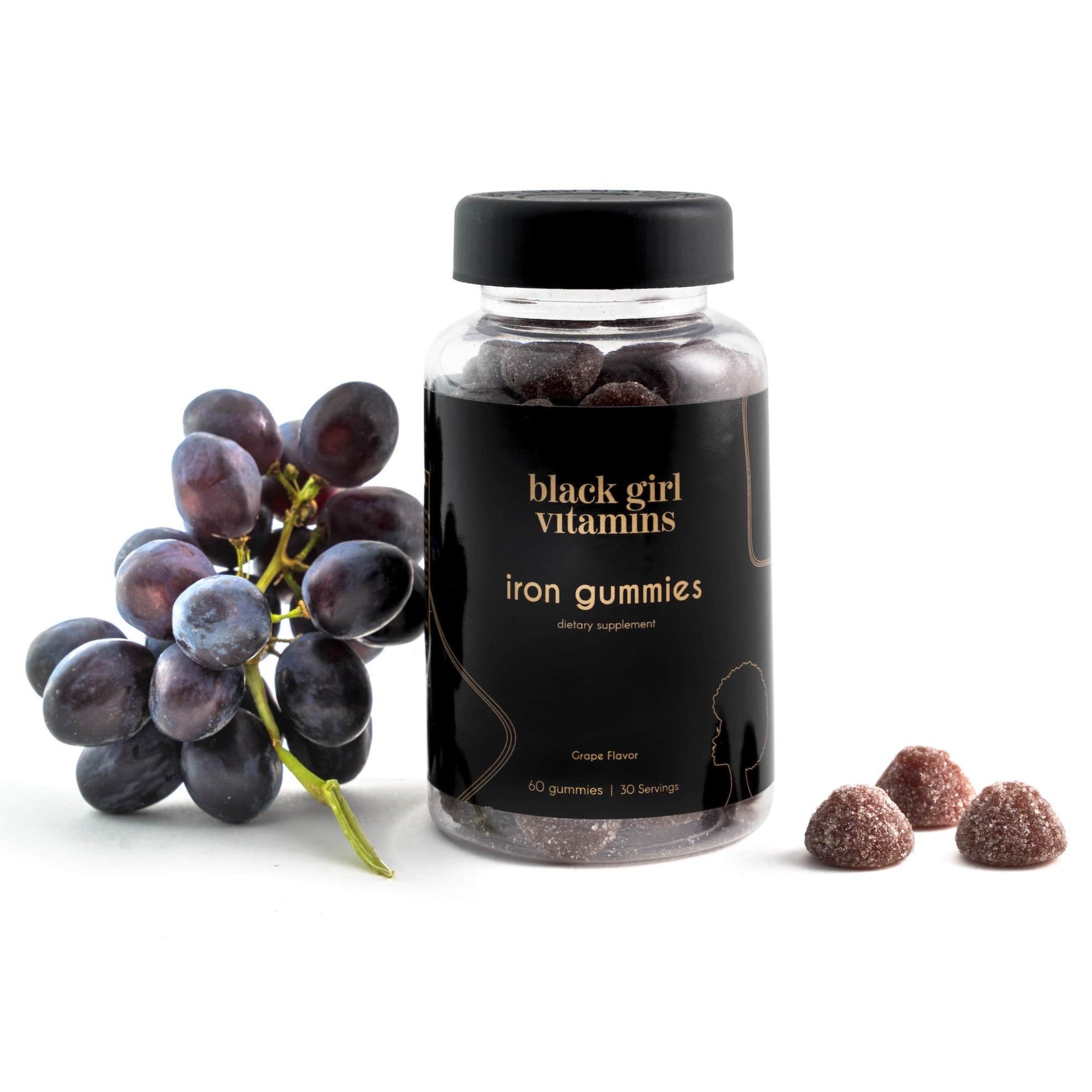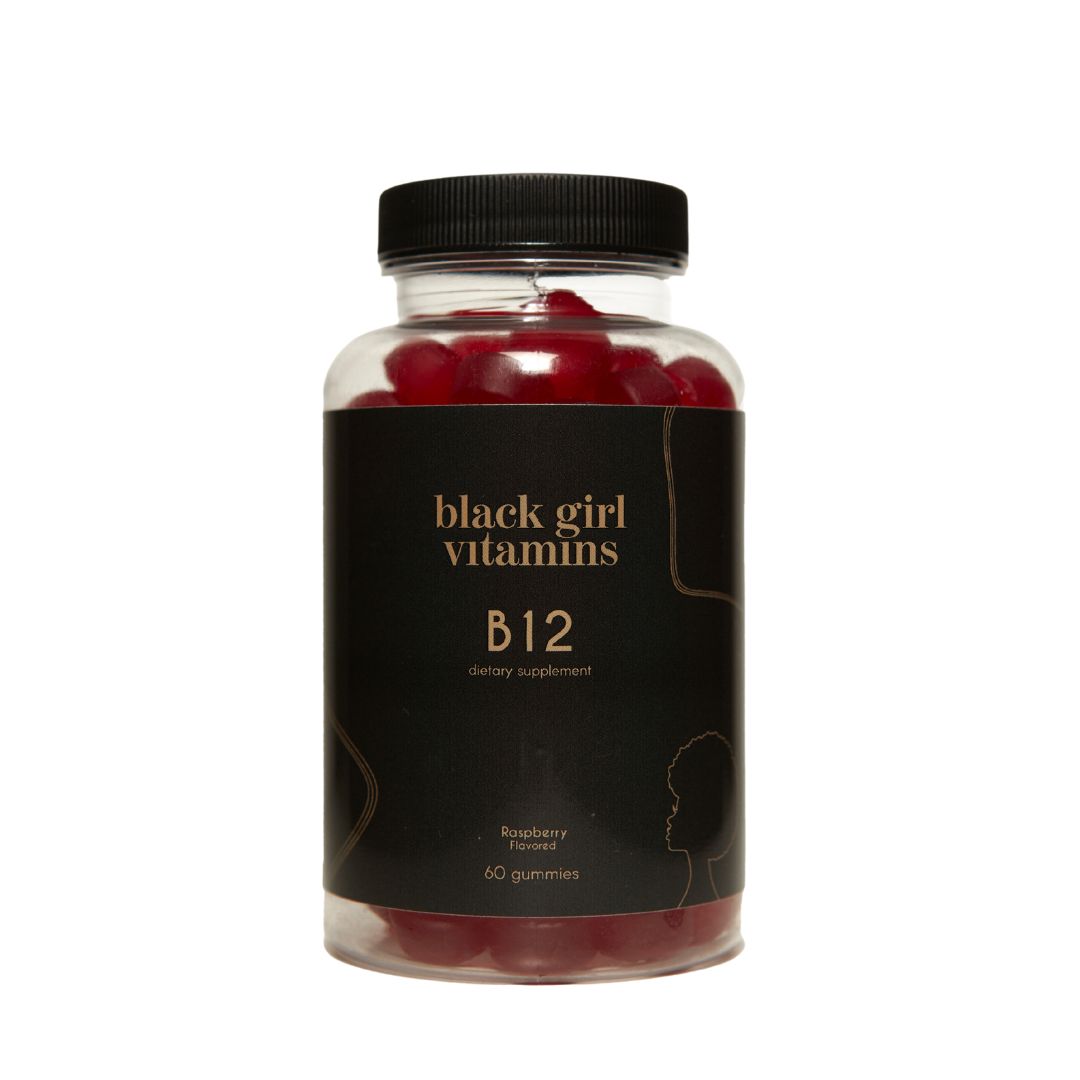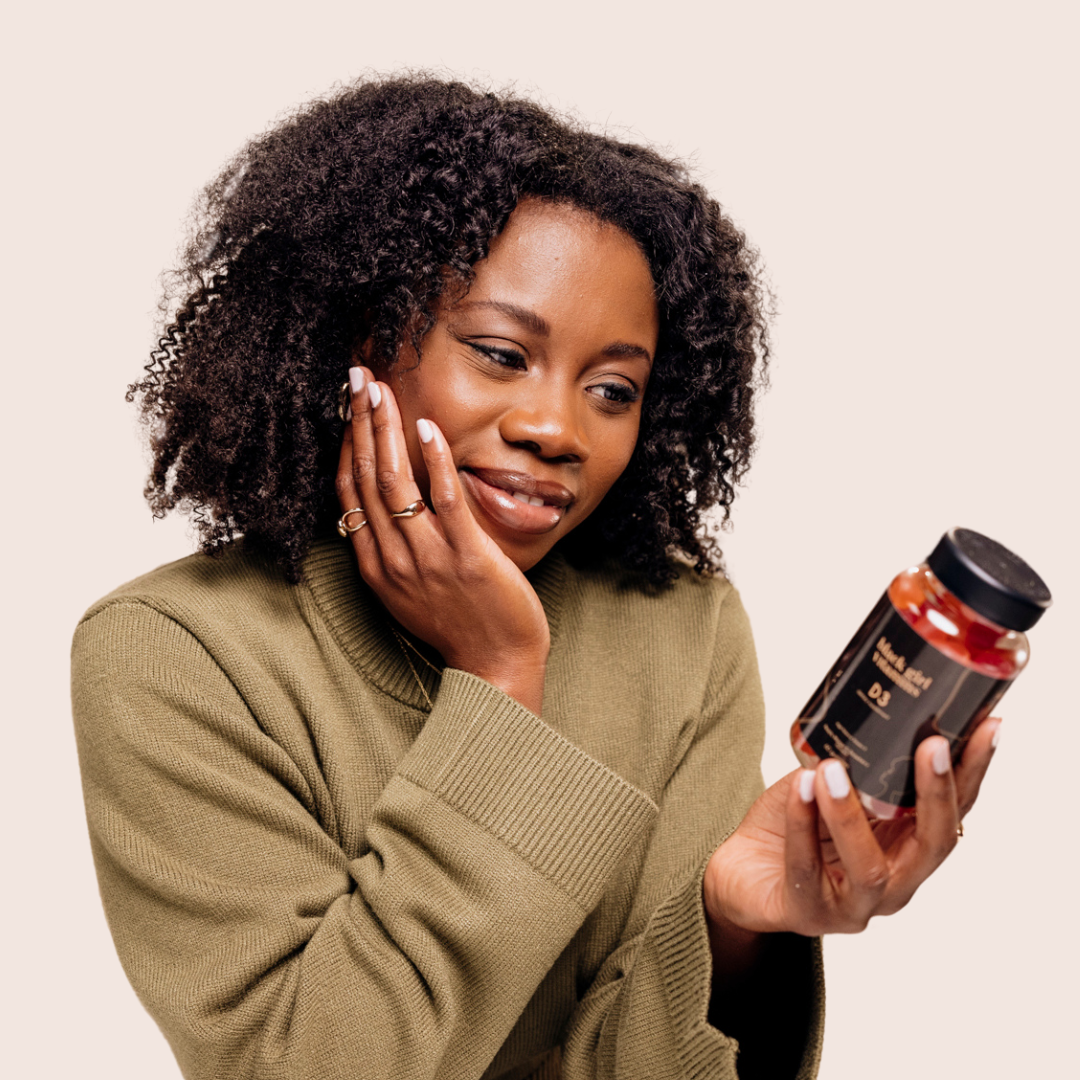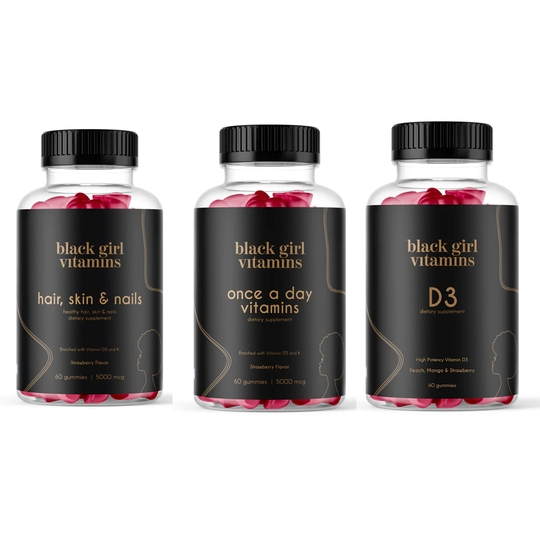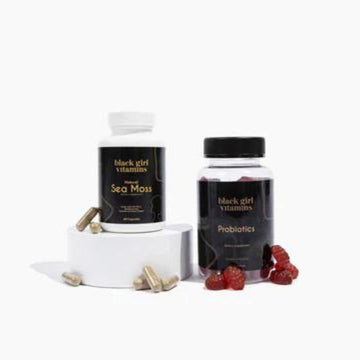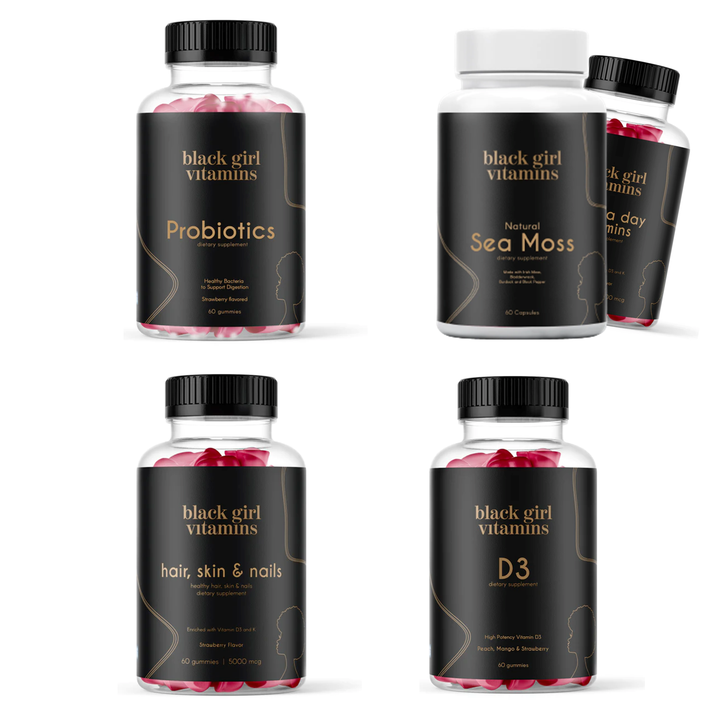Understanding the Lowest Dose of Estrogen for Menopause Relief
What is the lowest dose of estrogen for symptoms of menopause? If you’re considering estrogen therapy, you may be asking this women’s health question.
This information is important so you can manage your symptoms effectively while minimizing potential risks — estrogen can assist in relieving menopausal symptoms, but you need to tailor your dose to your needs to get the best results.
Finding the right balance in estrogen therapy will impact your comfort and quality of life significantly. Let’s jump in and explore the lowest effective dose of estrogen, how your doctor will determine what you need, and the benefits and risks associated with low-dose estrogen.
What Are the Basics of Estrogen Therapy?
Estrogen therapy and hormone replacement therapy (HRT) offer several options to address your menopausal symptoms. You can use transdermal patches, topical creams, or oral medications. The goal of these treatments is to manage your symptoms like hot flashes, night sweats, and vaginal dryness effectively.
Estrogen therapies work by supplementing the hormone levels that naturally decline as you go through menopause. Low-dose estrogen therapy refers to using the smallest effective amount of estrogen needed to provide symptom relief. This approach can also minimize the potential side effects of estrogen treatment you may experience.
Understanding your options and their impact on your hormone levels will be essential for selecting the best treatment for your needs.
How Does My Doctor Determine the Lowest Effective Dose of Estrogen?
Your healthcare provider will need to look at several factors to determine the lowest effective dose of estrogen for you, such as your age, medical history, and specific menopausal symptoms. Their goal is to provide symptom relief while minimizing any potential risks.
After assessing your individual needs and risk factors, they may start you on a lower dose of estrogen than they think you may need and adjust based on how you respond to treatment.
Factors that will influence their decision will include your history and risk of breast cancer, your risk of osteoporosis, and your overall health. You will need to be monitored regularly and maintain open communication to ensure your treatment stays both effective and safe.
Achieving the best benefits from estrogen therapy during menopause will be a collaborative effort between you and your doctor.
What Are the Risks and Benefits of Low-Dose Estrogen?
Low-dose estrogen therapy requires a balance between providing symptom relief and minimizing your risks of developing other health problems. The primary benefit of low-dose therapy is that it is designed to reduce your risk by focusing on lower dosages.
Potential side effects of estrogen therapy, such as nausea or headaches, are also usually less severe with low doses of estrogen.
Using lower estrogen dosages can reduce your risk of more serious conditions, such as blood clots and breast cancer. However, it’s important to be aware that your risks of endometrial cancer and bone loss can increase slightly if you don’t pair your estrogen therapy with progestin or progesterone.
Many women find the benefits of low-dose estrogen, such as improved bone density, better management of vasomotor symptoms, menopause symptom relief, and enhanced quality of life, outweigh the risks. Regular checkups with your doctor will help you adjust your dosage as needed while catching any problems early.
How Else Can You Manage Menopause?
If you want to manage menopausal symptoms naturally, you do have several potential options. Black cohosh or soy isoflavones supplements may help relieve hot flashes and night sweats.
For more complete menopause symptom relief, you might consider a special formulation that’s been designed by Black Girl Vitamins to address every aspect of menopause. Lifestyle changes, including regular exercise, a balanced diet, and stress management techniques can also reduce symptoms.
If you have concerns about hormone-related risks, non-hormonal treatments may be a better option. Depending upon your individual needs, they may be able to complement or replace estrogen therapy. However, some women will not find them as effective.
Talking with your healthcare professional will help you decide which options are best for you.
Empowering Your Menopause Journey
Finding the lowest effective dose of estrogen is critical for managing your symptoms while minimizing your risks. Understanding your options and working closely with a culturally competent healthcare provider will be important as you tailor your treatment to your needs.
If you decide estrogen therapy isn’t right for you, you have many non-hormonal alternatives for menopausal symptoms to consider that may still provide the relief you need while maintaining your overall health.
With this knowledge, you’ll be empowered to make informed choices about your treatment options so you can get the relief you need while maintaining your overall well-being on your journey to the end of menopause.
Sources:
Hormone Replacement Therapy: Management of Common Problems | National Library of Medicine
Side Effects of Hormone Replacement Therapy (HRT) | NHS
Menopausal Hormone Therapy and Risk of Endometrial Cancer | ScienceDirect
Isoflavone Supplements for Menopausal Women: A Systematic Review | National Library of Medicine





